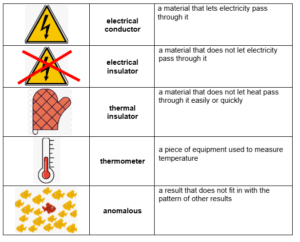Internet Safety Day
On Tuesday, we spent the day celebrating Internet Safety Day. In Year 5 and 6 we focused on personal information and being critical users online. The children discussed what personal information was, such as your address and date of birth and when you might be asked for this information. This lead onto talking about downloading apps and how you should always ask an adult before anything is downloaded. The children confidently spoke about how to make sure privacy settings were in place on their devises. As a class, we looked at some online hoaxes and talked about how we need to be aware of false information online. The children were clear that disinformation is the spreading of false information with the intention of deceit, whereas misinformation is sharing false information by mistake.
Help at home: Use the following website to find out more about how to keep personal data safe online.
Reading – Viking Boy
As we continue to enjoy Viking boy as our class novel, we have been making sure that we remember the key parts of the story. We’ve been using story maps to help with this. Each time we read a chapter, we have been adding to our maps, noting down a five word summary of the main events. This is sometimes quite a challenge as lots can happen in a chapter! We sometimes add illustrations to help us remember too.
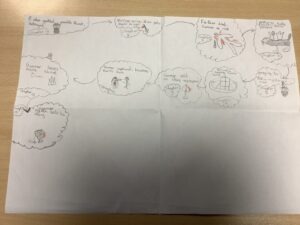
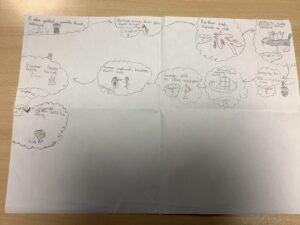
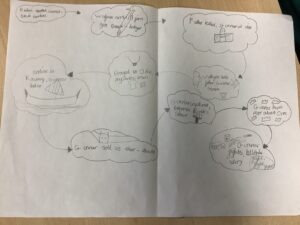
Living and Learning
I know the importance of the emergency services.
This is our living and learning statement for this week and we have been seeing whether the children know all the emergency service and when they would need to call them. The children now know that they can call 999 or 112 in an emergency and be able to contact the police, fire service, ambulance or the coastguard. We talked about different scenarios so that they were clear which service they would ask for.
We watched a short video explaining what information they’d be asked for if they rang an ambulance. The children found this useful as it isn’t something you have to do every day and emergency situations can be quite stressful. We also had chance to learn some simple first-aid techniques which the children could use if needed.
Help at home: Watch the video again with your child and make sure they’d know how to react in an emergency.
Science: staying warm
King Charles of all people wrote an impassioned letter to the children of Scholes asking them which material would keep his tea warm the longest.
Pupils in 5/6 investigated three materials:
- tin foil
- felt
- bubble wrap
They considered the independent, dependent and control variables before conducting the experiment.
Help at home:
- Repeat the experiment with different materials
- would a lid have changed the results
- Consider why the results were so similar
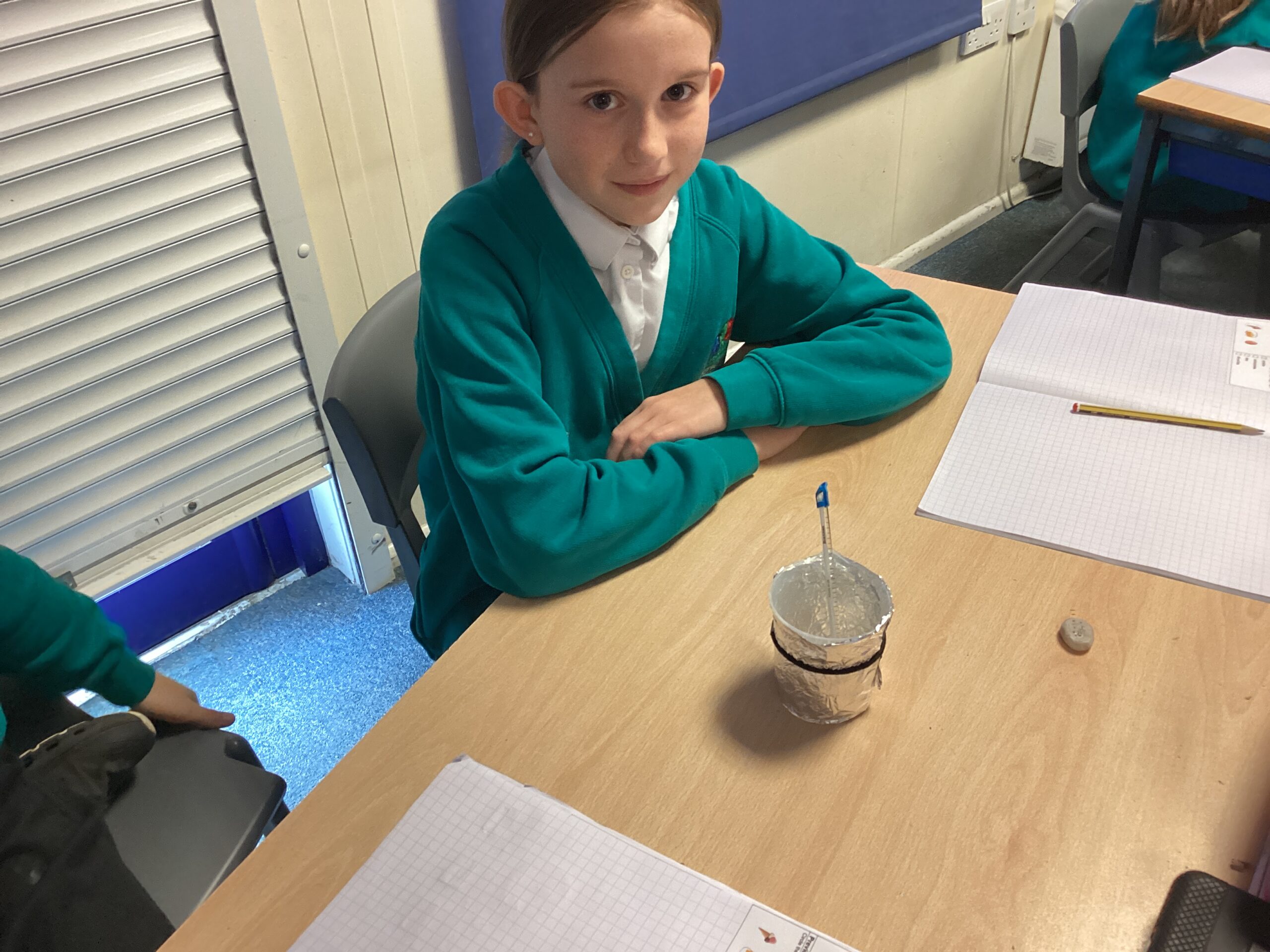
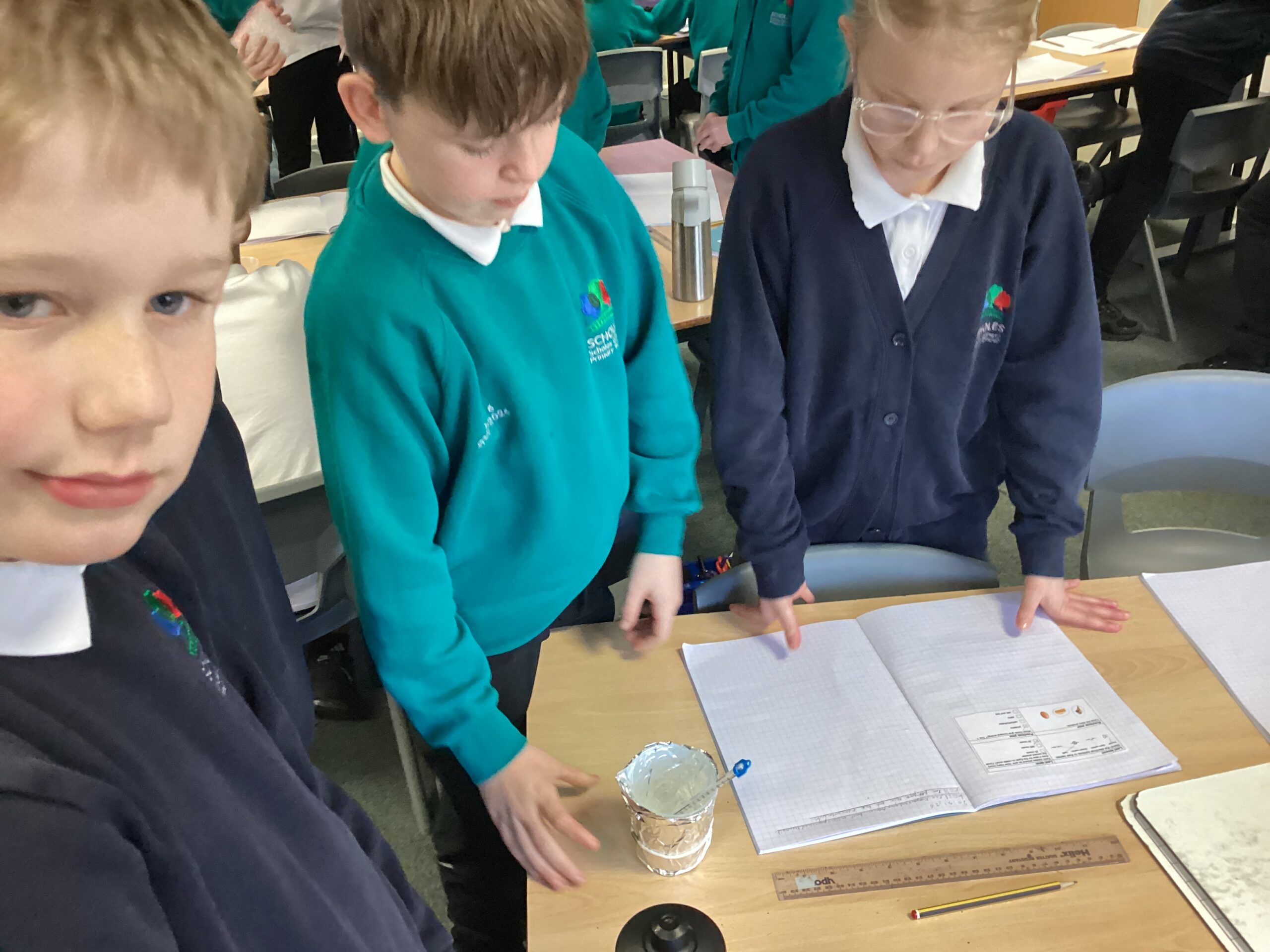
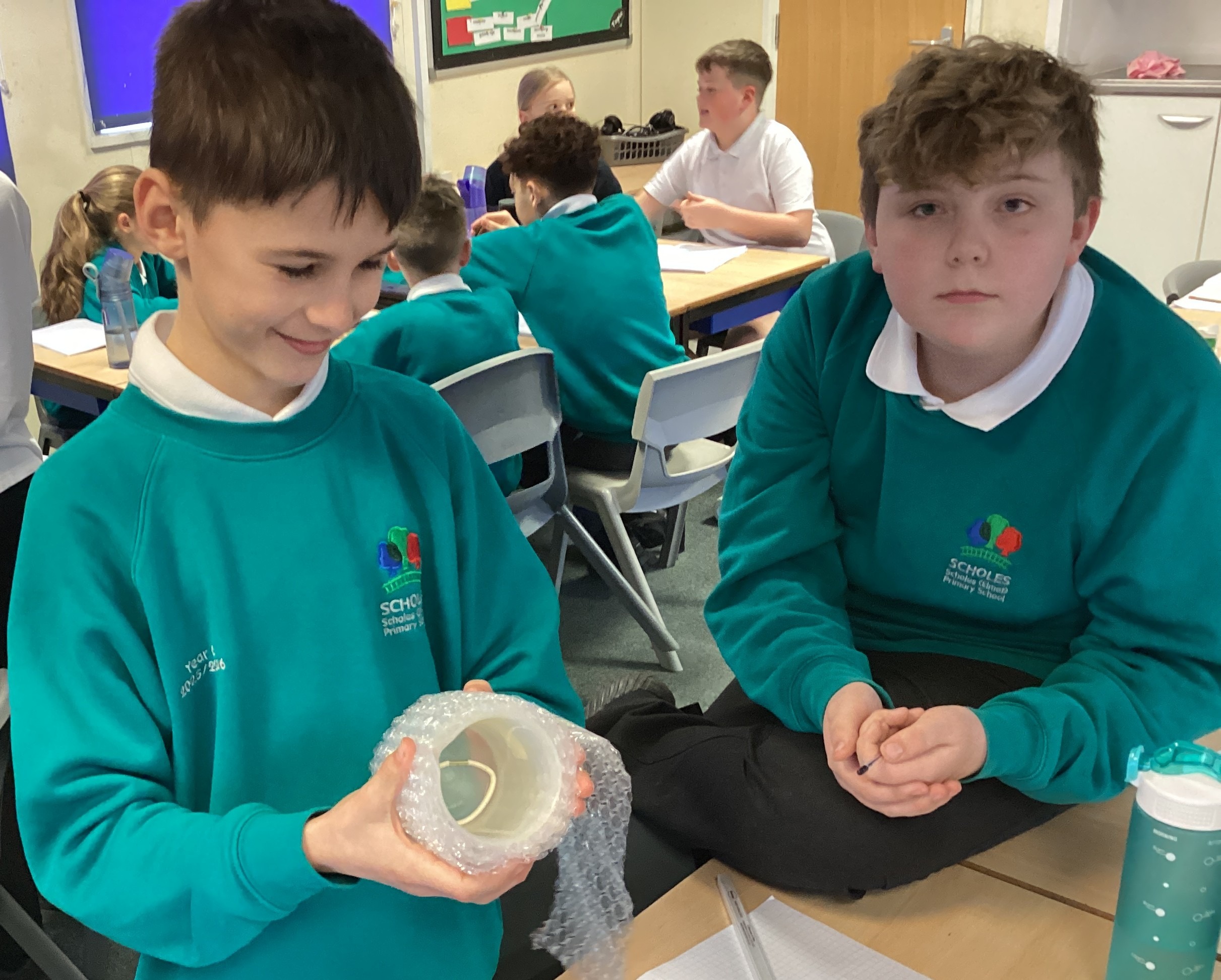
Writing: Letters So Good Even Gods Would Listen
This week in writing, the children have been stepping straight into the world of our class novel Viking Boy, writing powerful letters from the perspective of its brave protagonist, Gunnar.
Their challenge was to persuade the mighty Viking god Odin to return Gunnar’s father from Valhalla so he could help on his dangerous quest, and let’s just say that Odin would have found it very hard to say no. The children focused on persuasive techniques such as emotive language and rhetorical questions, carefully choosing words to tug at Odin’s heart (if gods have hearts!) and make their arguments as convincing as possible.
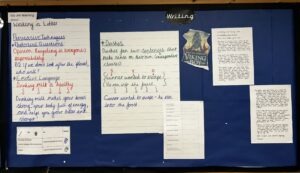
There was drama, passion, bravery, injustice, and even a hint of Viking fury, all wrapped up in beautifully crafted letters that were both moving and memorable. We had huge fun writing them, and a few of the letters were so emotional that they genuinely brought a tear to a couple of readers’ eyes. If Odin has a postbox, it is definitely overflowing by now.
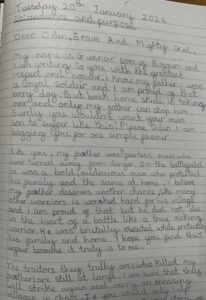
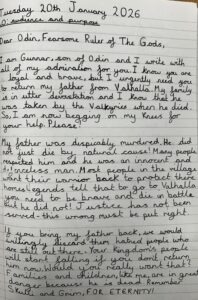
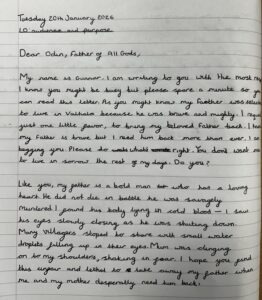
Help at home: Ask your child to explain the persuasive techniques they used in their writing, such as emotive language and rhetorical questions, and see if they can give you examples from their Viking letter.
Manipulating Maths
Maths this week for Year 6 has been all about manipulating numbers. We have been looking at equations and seeing if we multiply one factor and divide the other, the product (the answer) always stays the same. This can be a really useful tool within mental maths as it can make an equation easier to solve. Here is a little example of a few calculations. We discussed whether they helped us solve the answer or whether there’d be an easier alternative.
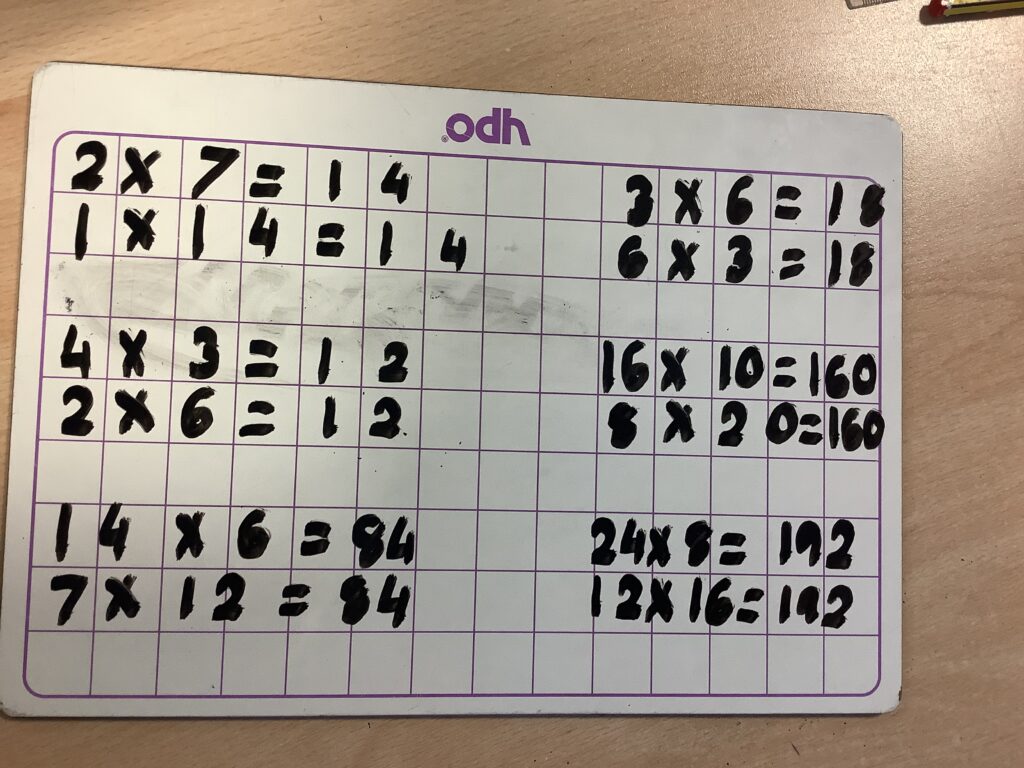
Class novel crazy!
We are still continuing to enjoy our class novel – Viking Boy by Tony Bradman.
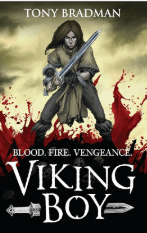
The story follows a young Viking boy who navigates through some emotional and difficult challenges. The children are really engrossed so far and we are definitely invested in Gunnar’s fate. After each chapter, we add to our story maps where we write a 5 word summary of the key points and add any images that might help us to recall the main events.
Help at home: Ask your child to summarise the main events so far. Who are the main characters? What historical knowledge can they remember from the text? What do they predict will happen next?
Watch Us While We Work – Authorfy
For those parents who were unable to attend the Watch US While We work session this week, here is a link to a website that we used in the session.
This is fantastic online resource we have been using called Authorfy, which has been proving extremely popular with our Year 5/6 pupils.
Authorfy is a child-friendly writing platform created by professional authors. It offers engaging videos, clear writing guidance, and creative challenges that help children develop their storytelling, vocabulary, and confidence as writers. The content is age-appropriate, inspiring, and aligns well with the skills we focus on in upper Key Stage 2.
The best news is that Authorfy is completely free to access this year, meaning your child can enjoy all of its features at home at no cost.
Help at home: We highly recommend exploring Authorfy together if your child enjoys writing or would benefit from extra encouragement and inspiration. It’s a wonderful way to support learning beyond the classroom in a fun and meaningful way. Have fun exploring new authors.
Raiders, Runes and Really Good Reading
This half term, our classrooms’ have travelled back over 1,000 years as we launch into our brand-new history topic all about the Vikings in Britain. The children have started by placing the Vikings on a timeline, exploring where they fit within British and world chronology and discovering what else was happening around the globe while Viking longships were slicing through the seas.
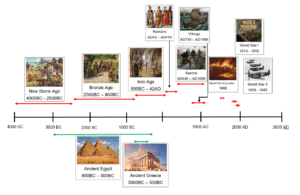
We have already zoomed in on one of the most famous moments in Viking history – the raid on Lindisfarne. The children were fascinated (and suitably shocked!) to learn how this peaceful monastery was attacked and why this event is often seen as the beginning of the Viking Age in Britain. There have been some excellent historical questions, thoughtful discussions and a few dramatic gasps along the way.
To bring the era to life even further, our new class novel this half term is Viking Boy by Tony Bradman. The children are loving following the story and using it to deepen their understanding of Viking life, beliefs and adventures, while also developing their reading and inference skills. We are very excited to see where the story (and our Viking journey) takes us next.
Help at Home: You can support your child by chatting with them about our new Viking topic and testing them on key vocabulary.
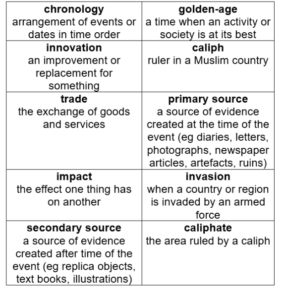
Material World: Testing Properties in Science
This week in science, our new topic Materials and Their Properties kicked off with plenty of excitement, curiosity and the occasional buzz. The children explored magnetic materials, discovering which objects were attracted to magnets and which were not, before moving on to electrical conductors and insulators.
They had great fun building simple circuits and testing different materials to see which allowed electricity to flow and which stopped it in its tracks, making careful predictions and observations like real scientists. There was lots of brilliant discussion, problem-solving and teamwork as they worked out why some materials behaved the way they did.
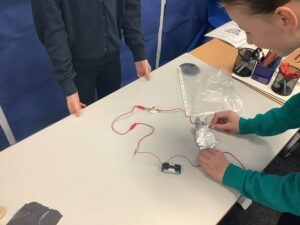
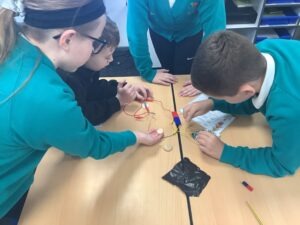
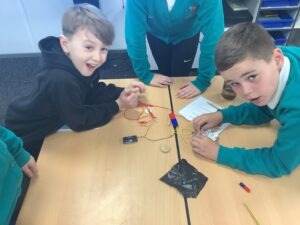
Help at home: Ask your child to explain and use their new science vocabulary or challenge them to spot and name conductors and insulators around the house.
